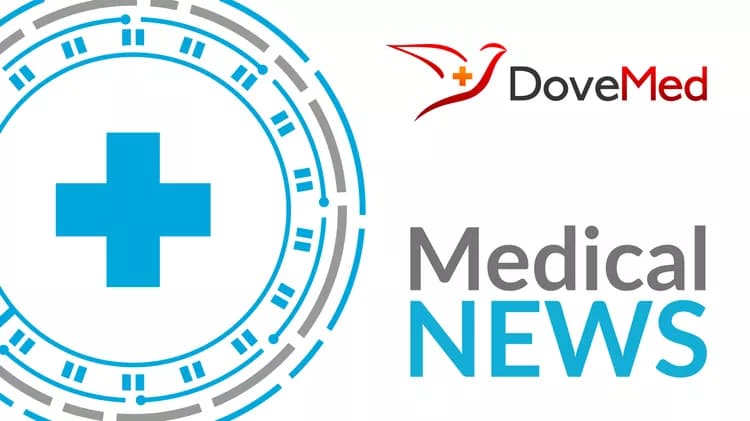
Oral Contraceptives Impact On Women’s Health: Age And Gut Microbiome May Be Determining Factors
In a manuscript published in January’s Frontiers in Neuroendocrinology, a team from the University of Ottawa’s Faculty of Social Sciences discuss how several factors contribute to these sex differences, with the age of onset of OC usage and the gut microbiome of the individual being key identifiers.
Holder of the University Research Chair in Stress and Mental Health, Nafissa Ismail is a Full Professor in the School of Psychology and the Director of the NISE (Neuroimmunology, Stress and Endocrinology) Lab. She discusses the study’s findings below.
Question: How widely used are oral contraceptives?
Nafissa Ismail: “Oral contraceptives were first introduced in the 1960s and are some of the most commonly used drugs among females, including an estimated 100 million women worldwide. They normally contain synthetic hormones and are commonly prescribed during adolescence for the following uses: contraception, acne, premenstrual syndrome, and more.”
Q: What did you decide to look at and study?
N.I.: “Researchers believe about 20% of users will experience negative consequences, but there is a lack of knowledge to understand why. We know that not all women who take OCs will experience adverse effects on mood and cognition and that they are striking individual differences. What we really need to know is whether it is safe to prescribe oral contraceptives or even other hormonal contraceptives to our young women.”
Q: Not all women will experience depression. Were you able to deduct any reasons for those who do?
N.I.: “Our work suggests that one possible factor could be the age of onset of OC use. Women who have begun taking OCs during early adolescence may be more susceptible to experience these adverse effects on mood. We also think that the gut microbiome may be an important mediator of the effects of OCs on mood because OCs are taken orally, and the gut microbiome can modulate symptoms of depression.”
Q: Why is age so important for OCs?
N.I.: “Adolescence is a critical period of development during which the Hypothalamic-pituitary-gonadal axis (which is essentially responsible for starting puberty) becomes active and undergoes maturation causing an increase in the production and release of gonadal steroid hormones (ie. estradiol, progesterone and testosterone) and leading to the development of secondary sexual characteristics and sexual maturation. During this period, the brain also undergoes extensive remodeling and reorganizing leading to structural/functional changes that are driven by endogenous sex hormones. It’s important we understand the impact of OCs on the developing adolescent brain, as these effects may be mediated by the gut-brain axis.”
Q: What are your takeaways about OCs?
N.I.: “This work is very important because women’s health research has been neglected for decades and there are so many questions that are specific to women’s health that need to be imperatively addressed. We cannot say whether it is safe or not to prescribe OCs to our young women as many factors must be considered but, we are hopeful that by making the information available, women will be able to make informed decisions for themselves.”
‘Combined oral contraceptives and mental health: Are adolescence and the gut-brain axis the missing links?’ by Sarah Kheloui, Andra Smith, Nafissa Ismail, is published in Frontiers in Neuroendocrinology. DOI: 10.1016/j.yfrne.2022.101041
JOURNAL
Frontiers in Neuroendocrinology
DOI
10.1016/j.yfrne.2022.101041
METHOD OF RESEARCH
Literature review
SUBJECT OF RESEARCH
People
ARTICLE TITLE
Combined oral contraceptives and mental health: Are adolescence and the gut-brain axis the missing links?
ARTICLE PUBLICATION DATE
26-Oct-2022
Related Articles
Test Your Knowledge
Asked by users
Related Centers
Related Specialties
Related Physicians
Related Procedures
Related Resources
Join DoveHubs
and connect with fellow professionals

0 Comments
Please log in to post a comment.